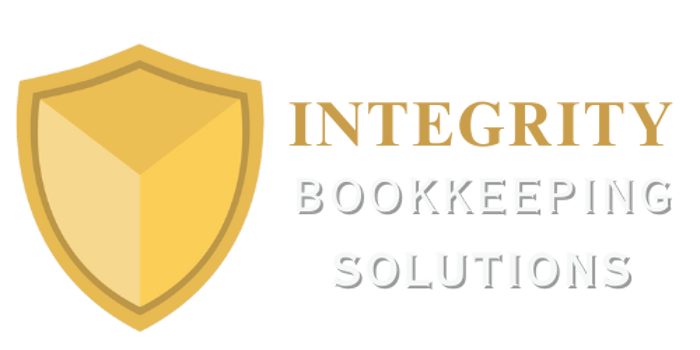Tax Planning Tips for 2025


Tax Planning Tips for 2025
With 2025 underway, it’s time to revisit your tax strategies to ensure you’re making the most of deductions, avoiding penalties, and setting your personal and business finances up for success. Whether you’re a small business owner or managing personal taxes, these actionable tips can help you navigate the year ahead.
Max Out Retirement Contributions
Retirement plans, such as 401(k)s and IRAs, remain one of the most effective ways to reduce your taxable income. For 2025, contribution limits have increased:
401(k): $23,000 for those under 50, and $30,500 for those 50 and older.
Traditional and Roth IRAs: $7,000 for those under 50, and $8,500 for those 50 and older.
Maximize contributions to take full advantage of tax-deferred or tax-free growth while lowering your current tax liability.
Take Advantage of FSAs and HSAs
Flexible Spending Accounts (FSAs) and Health Savings Accounts (HSAs) offer significant tax benefits. FSAs allow you to use pre-tax dollars for healthcare or dependent care expenses, while HSAs (for high-deductible health plans) offer triple tax benefits: contributions are tax-deductible, earnings grow tax-free, and withdrawals for eligible expenses are also tax-free.
Remember, FSA funds are often “use-it-or-lose-it” by year-end, so plan accordingly.
Adjust Your Tax Withholdings and Payments
2025 is a good time to reassess your tax withholdings. If your income, marital status, or family size has changed, you’ll want to update your W-4. Similarly, if you’re a small business owner or self-employed, make estimated quarterly tax payments. The next deadlines are April 15, June 17, September 16, and January 15, 2026.
Accurate withholdings and payments reduce the risk of penalties and ensure you’re not giving an interest-free loan to the government.
Track Eligible Auto Expenses
For small business owners, vehicle expenses can be a significant deduction. The IRS mileage rate for 2025 is expected to reflect inflation and higher gas costs. Eligible deductions include miles driven for business purposes, as well as a percentage of gas, insurance, and maintenance costs. Use apps like MileIQ or QuickBooks to track mileage effortlessly, or maintain a detailed log to support your deductions.
Don’t Forget Business Deductions
Business owners should review eligible deductions, including:
Office supplies, utilities, and rent.
Marketing and advertising expenses.
Training and education.
Depreciation of equipment or vehicles.
A proactive approach to keeping receipts and categorizing expenses can save you time and money during tax season.
Plan for the Future with Budgets and Forecasts
Whether you’re managing personal or business finances, a clear budget and financial forecast can identify opportunities for tax savings. For example, consider whether deferring income to 2026 or accelerating expenses into 2025 could reduce your tax liability.
Why Outsourcing Bookkeeping Makes Sense
Small business owners often struggle to keep up with bookkeeping while managing day-to-day operations. While DIY bookkeeping or hiring a part-time employee may seem cost-effective, outsourcing to a professional ensures accuracy, compliance, and efficiency. Outsourcing saves time, reduces errors, and provides the financial insights needed for strategic decision-making. A professional bookkeeper can also help you stay organized, which is critical for identifying deductions and simplifying tax preparation.
Seek Professional Guidance
Tax laws change frequently, and 2025 is no exception. Partnering with a tax professional or CPA ensures you’re compliant with new regulations and taking advantage of every opportunity to save. While I don’t provide tax filing or planning services, I work closely with a network of trusted CPAs who can support your tax needs.
By implementing these tips, you’ll be better prepared for tax season while optimizing your financial outcomes for 2025 and beyond. Proactive planning today leads to fewer headaches tomorrow and greater confidence in your financial future.
